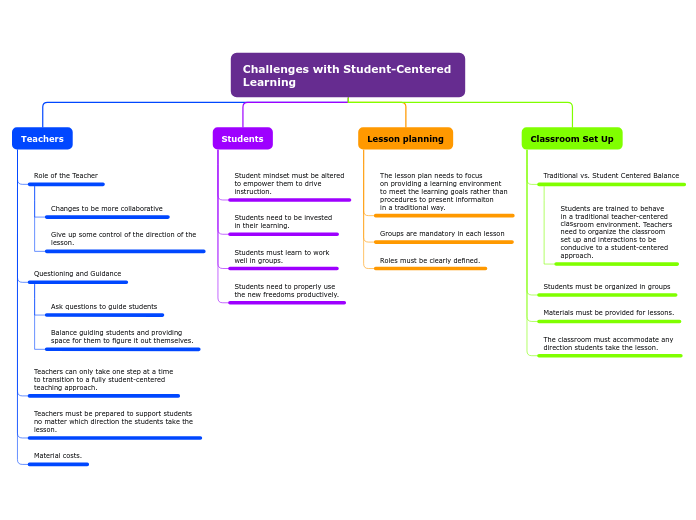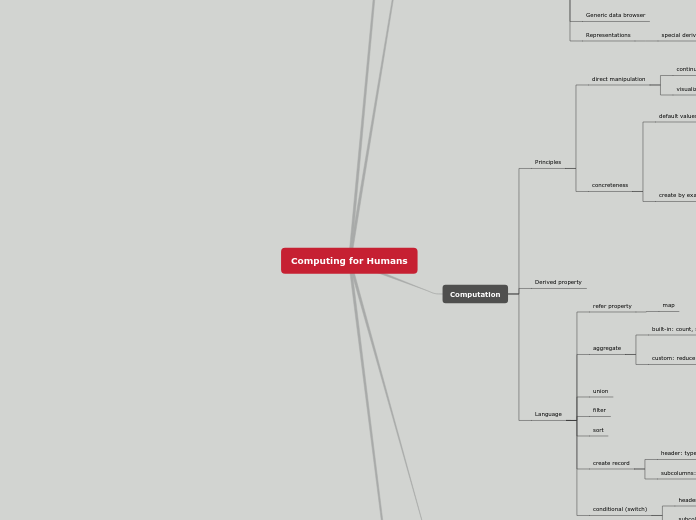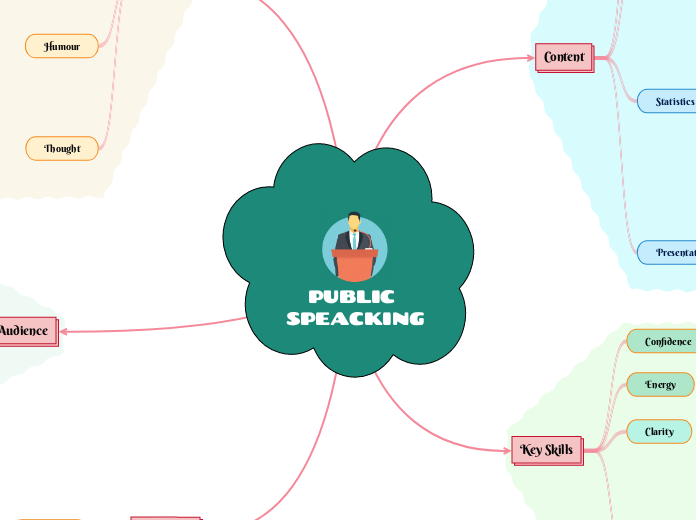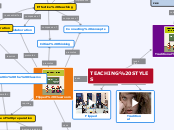arabera Douglas Disbrow 2 years ago
147
Challenges with Student-Centered Learning
Implementing student-centered learning involves several critical challenges. Firstly, altering the student mindset is essential to empower them to take control of their learning and use the newfound freedom productively.









